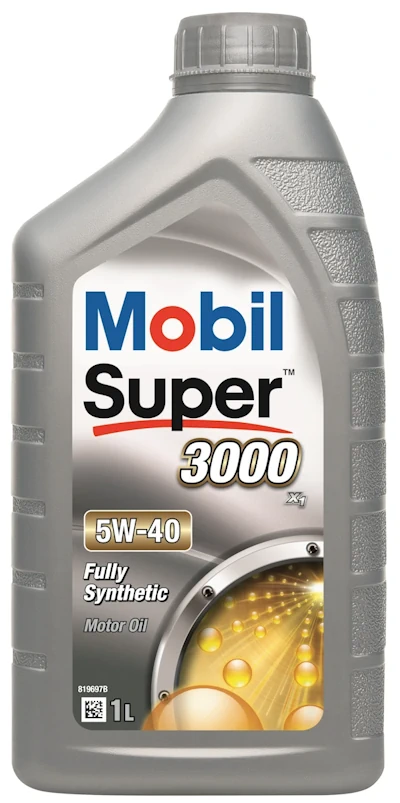What oil do I need for my car?
Find the right engine oil for your car with our car engine oil finder. Our oil checker will help you identify the correct oil for your car if you need a top up. Enter your vehicle registration below to see engine oil products suitable for your car.
Mobil Oil at Kwik Fit
At Kwik Fit, we understand that using high quality oil is integral to ensuring that cars last longer, perform better, and have the best possible fuel economy. That's right - not only do premium oils optimise engine performance, but they can also help your car use less fuel, and stay running for longer.
Our Kwik Fit garages across the country are proud to use Mobil 1 oils, which are formulated to exceed even the most stringent performance criteria - not just achieving industry certifications, but going far beyond them. Speak to one of our local centres for more information about the benefits of Mobil 1.

Why it's important to select the right engine oil for your car
Before we delve into the nitty-gritty of engine oil, go ahead and pull out your car owner's manual. In it, you'll find clear guidance on viscosity, certifications and specifications that the manufacturer recommends for your engine.
What does oil viscosity grade mean?
When it comes to engine oils, viscosity relates to the speed at which the liquid flows to protect the engine. In this context, a higher number represents a higher viscosity, which means the oil is thicker - and therefore more resistant to flow.
Determining the viscosity of the oil is all to do with the grade - or the combination of letters and numbers on the bottle. The grading system has two parts, giving you an outcome that looks something like '5W-40'. The W stands for winter, with the numbers relating to how well the engine oil would perform in high or low temperatures.
The number before the W, in this case 5, is to do with how the oil performs at low temperatures - with lower numbers meaning the oil will stay less viscous in cold weather. The two numbers that appear after the hyphen relate to performance over 100 degrees celsius.
If you use an oil that is too viscous, you'll encounter reduced engine performance due to more energy, or fuel, being required to force the oil to reach critical engine components. Lower viscosity oils are often preferable in newer engines.
What's the difference between synthetic and semi-synthetic oils?
Fully synthetic oils are 100% synthetic - meaning that they aren't mixed with any mineral oils. This gives them high resistance to heat and oxidisation, and enables the oil itself to last longer before changes are required. These oils are widely regarded as offering the best performance - and can potentially extend the life of your engine.
Semi-synthetic oils are a blend of mineral and synthetic oils, offering you the benefits of both. They are typically cheaper than fully synthetic oils, although don't offer quite the same benefits when it comes to protecting engines and boosting performance.
What happens if I use synthetic oil instead of semi-synthetic oil?
If you use synthetic oil in your car instead of semi-synthetic oil, then it is unlikely to cause you any significant issues. The key consideration is around using an engine oil that suits the requirements of your specific vehicle. Because of this, we recommend determining the manufacturer's recommended oil type - found either in your vehicle handbook, or through using our tool above - and sticking with this for the duration of your vehicle's life.
What are the benefits of synthetic oil?
Synthetic oils have been found to provide a number of different benefits, including improved fuel economy, and a reduction in battery strain when a car first starts. This is in part because they don't thicken up too much at low temperatures, and move around more freely once the engine is running.
Not only this, but the process of creating synthetic oils results in reduced impurities - meaning higher performance, alongside reduced engine exhaust emissions. Mobil 1 oils, Kwik Fit's oil brand of choice, boast a tailored additive system with further benefits, including reduced wear, oil breakdown control, and protection against sludge and deposit build up.
Can you switch between synthetic and semi synthetic?
Despite some industry myths, you can switch between synthetic and semi-synthetic oil types. However, just keep in mind that, if you have originally been using synthetic oil, a semi-synthetic blend will no longer offer your engine the same benefits. The key is to make sure that the oil you choose is the grade and type recommended by your car's manufacturer, as outlined in your manual. And, wherever possible, opt for the best oil available to you.

